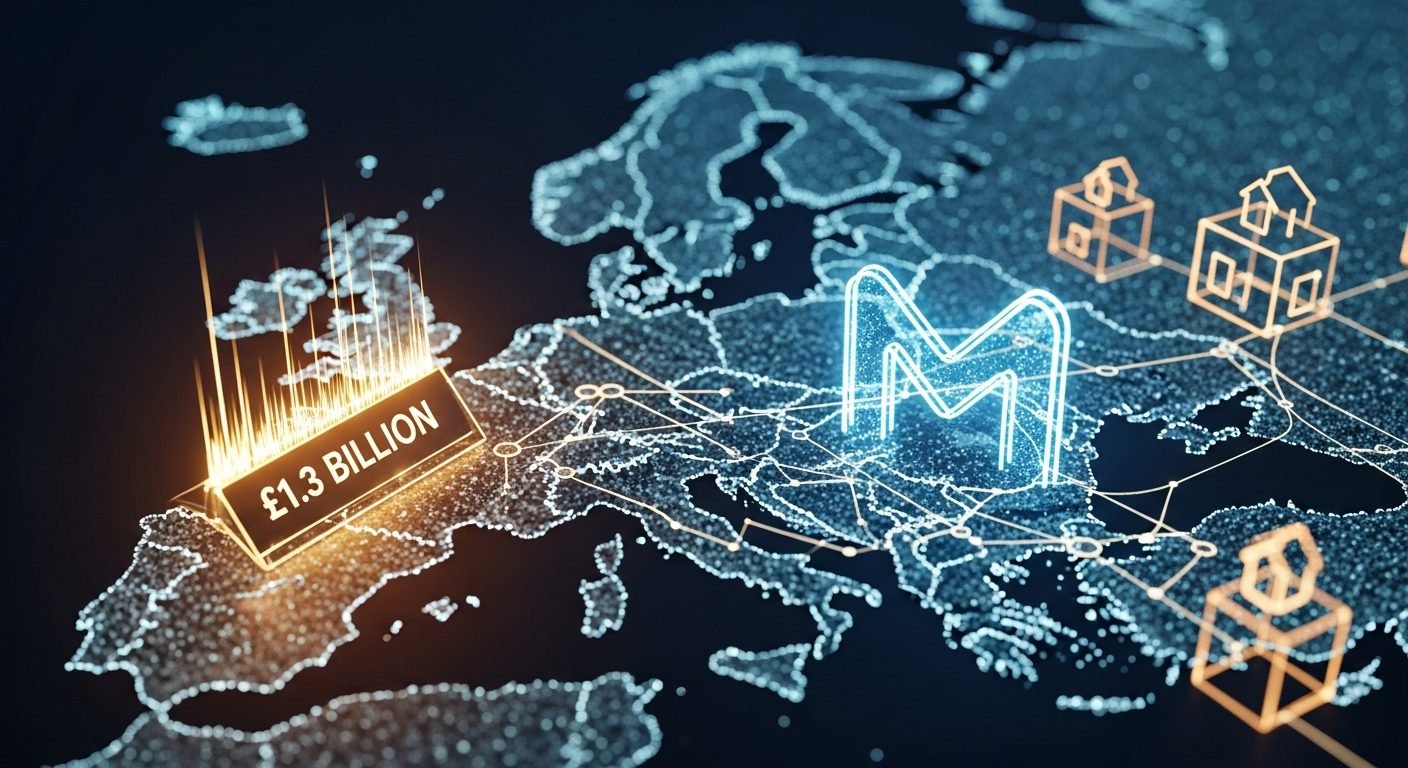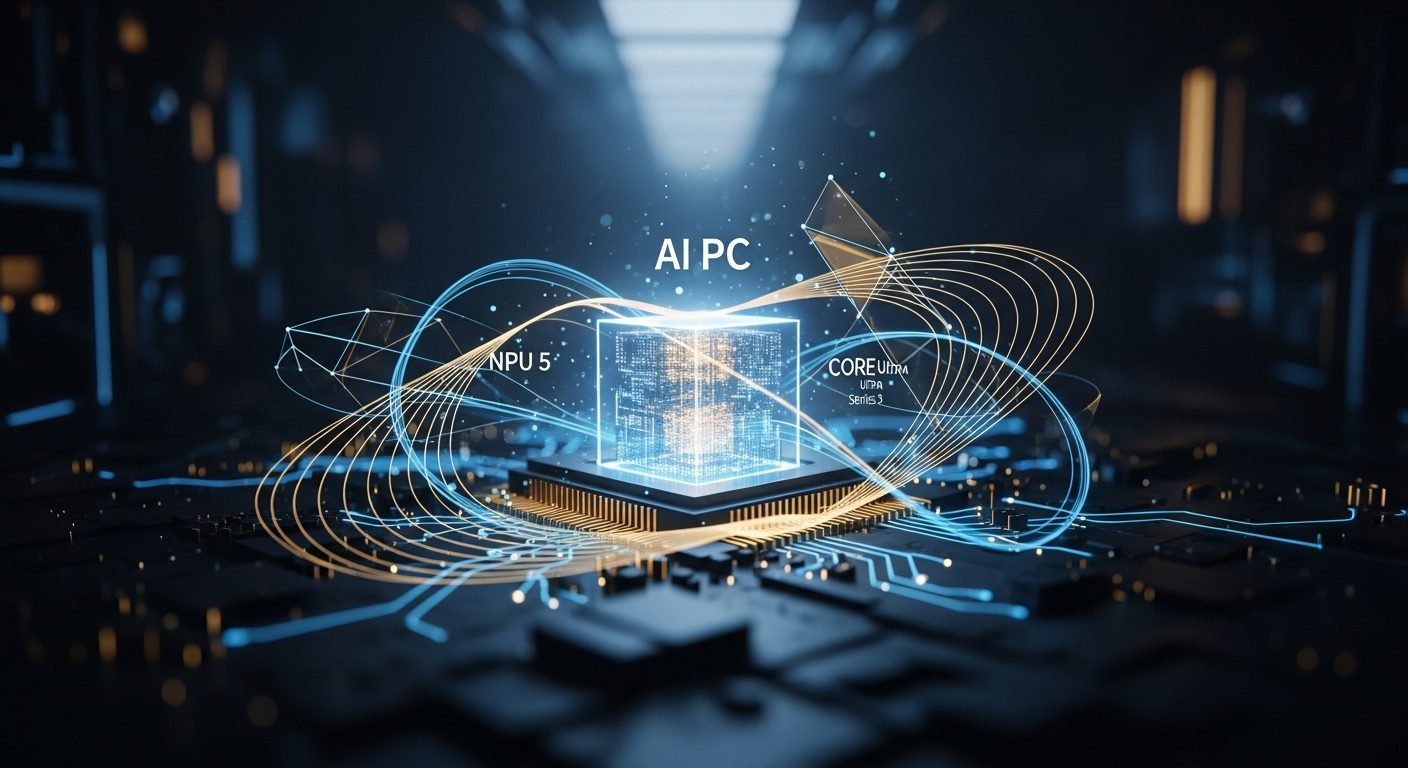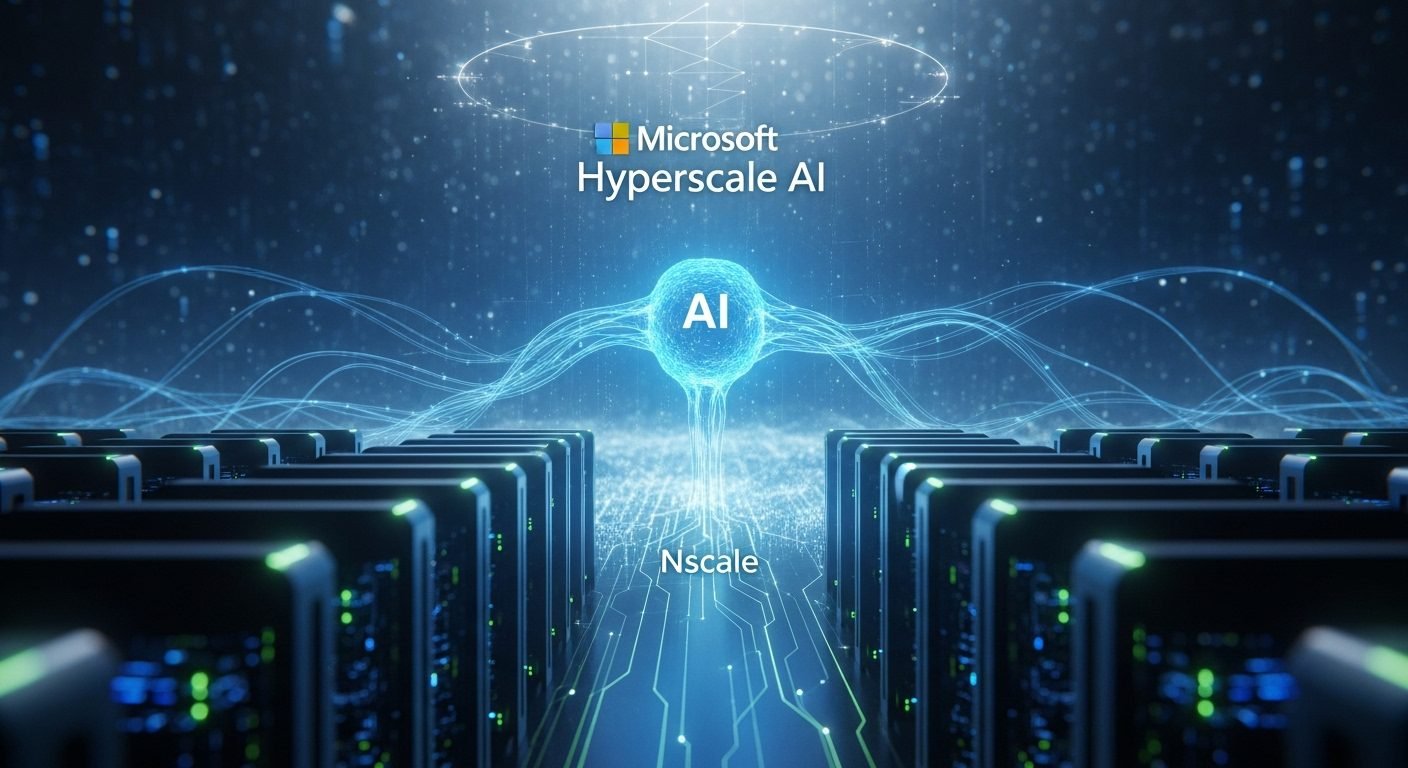MQube Tokenizes £1.3 Billion Mortgage Debt: A European Fintech Milestone
Short answer: MQube, a prominent UK-based mortgage fintech, has successfully tokenized £1.3 billion ($1.73 billion) in residential mortgage debt on an Ethereum Virtual Machine (EVM)-compatible blockchain. This groundbreaking achievement represents the first instance of a European mortgage lender undertaking such a substantial tokenization of residential assets, moving beyond mere technical trials to establish a novel and verified method for managing mortgage assets across their lifecycle. It signifies a pivotal step towards integrating blockchain technology into traditional finance, particularly within Europe’s complex mortgage market.
What is MQube’s mortgage debt tokenization in Europe?
MQube, a UK-based mortgage fintech, made headlines by tokenizing £1.3 billion ($1.73 billion) in residential mortgage debt through its lending arm, MPowered Mortgages. This landmark event represents the first time a European mortgage lender has applied tokenization to residential mortgage assets on an Ethereum Virtual Machine (EVM)-compatible blockchain. Far from being a pilot program, this initiative establishes a new operational paradigm for recording, transferring, and pooling mortgage assets, complete with a robust and transparent audit trail. It signifies a profound shift in how real estate finance might operate in the region, bringing digital asset innovation to a traditionally conservative sector. More details can be found on Fintech Weekly.
How does tokenizing mortgage debt work on a blockchain?
Mortgage tokenization involves transforming traditional mortgage assets, or the rights associated with them, into digital tokens. These tokens are then recorded on a blockchain—a secure, decentralized, and immutable ledger. Essentially, each token represents a fractional ownership or claim over the underlying mortgage asset, making it significantly easier to buy, sell, and trade portions of mortgages. This process democratizes access to what were once illiquid assets, potentially opening the market to a much broader spectrum of investors. The goal is to simplify the entire loan process, enhance transparency, and ultimately reduce costs for borrowers by leveraging the inherent efficiencies of blockchain technology. You can learn more about this process on RWA.io.
What are the benefits of mortgage tokenization for lenders and borrowers?
For lenders and financial institutions, MQube’s tokenization initiative promises substantial near-term gains. It offers stronger data integrity, heightened security for transactions, and comprehensive, traceable audits due to blockchain’s immutability. Tokenization enhances liquidity by freeing up funding, enabling banks and non-bank lenders to more easily sell loan pools and originate new mortgages. This leads to reduced capital requirements and improved risk management through faster settlement and real-time reporting. Operationally, it streamlines processes, potentially cutting costs in remortgage cases and significantly shortening processing times. Crucially, it lays the groundwork for a novel mortgage securitization market on the blockchain, allowing for the creation of tradable and investable mortgage securities.
Borrowers also stand to benefit from these advancements, potentially experiencing lower borrowing costs and a wider array of product choices. This is driven by increased competition among lenders and greater overall market efficiency. Furthermore, the automation inherent in tokenized processes can lead to significantly faster loan processing times, cutting down on the waiting periods traditionally associated with securing a mortgage. Investors gain enhanced transparency and security through the immutable records of the blockchain, democratized access to real estate investments through fractional ownership, and greater diversification opportunities within their portfolios. More information on tokenization benefits can be found on EisnerAmper.
What are the regulatory challenges for tokenized mortgages in Europe?
Despite the compelling advantages, the widespread adoption of tokenized mortgages in Europe faces considerable hurdles, primarily centered on regulatory uncertainty. The legal and regulatory frameworks governing tokenized assets are still in their nascent stages, necessitating clear guidelines to ensure secure and compliant implementation across jurisdictions. Concerns also persist regarding the inherent volatility and security risks associated with digital assets. MQube’s CEO, Stuart Cheetham, explicitly acknowledged that while immediate benefits like enhanced data integrity are evident, significant regulatory and operational work is still essential to fully unleash the technology’s potential. Establishing interoperability and shared standards among various blockchain platforms will be crucial for a truly functional and expansive tokenized mortgage market.
How does MQube’s move impact the European financial services industry?
MQube’s pioneering step in tokenizing a substantial volume of residential mortgage debt on an EVM-compatible blockchain represents a profound impact on the European financial services industry. It serves as a strong proof-of-concept, demonstrating the viability and potential of Distributed Ledger Technology (DLT) for complex, high-value assets like mortgages. This initiative could catalyze a broader shift, encouraging other European lenders and financial institutions to explore and adopt similar tokenization strategies. By showcasing enhanced liquidity, efficiency, and a path towards new securitization markets, MQube is helping to de-risk the concept of blockchain mortgages and accelerate the digital transformation of real estate finance across the continent.
Next Steps in Fintech Innovation
- Discover more about Blockchain in Real Estate Finance.
- Explore the Future of Mortgage Lending.
- Understand the complexities of Real World Asset (RWA) Tokenization.











